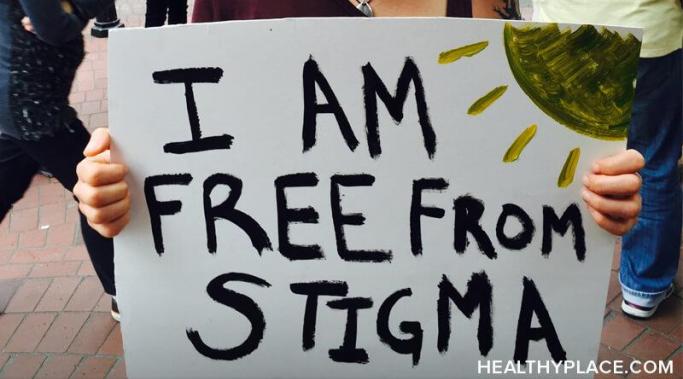Blogs
The dialectical behavior therapy (DBT) skill of mindfulness helps people with borderline personality disorder (BPD) practice radical acceptance of reality. Learning to tolerate life, exactly as it is in this moment, is a difficult struggle for any sufferer of BPD. At its core, BPD is fundamentally an attempt to escape intense pain and frantic efforts to avoid real or imagined fears of abandonment. We get ourselves into trouble trying to run away from reality and the uncomfortable feelings associated with living in reality. The DBT skill of mindfulness and radical acceptance work together to help me accept reality.
Dating with confidence is possible for you, no matter what your history. If you're looking for love, don't let the fear of rejection or insecurities from the past hold you back any longer. Everyone has gone through heartache, and horrible partners and has valid fears about attracting the wrong person. But when you shift your mindset towards the healthy relationship that you want and deserve, you'll feel more confident not only in dating but in every aspect of your life.
I found a way to cope with emotional overreaction in schizoaffective disorder, bipolar type. I feel oversized emotions so I emotionally overreact to almost everything. Unfortunately, my big emotions are usually negative—anxious, sad, helpless. Here are some examples of times I experienced big emotions and overreacted. I hope it helps to share how I cope with this trait.
How often do you feel anxiety over time? Do you feel pressured and rushed, anxious because there’s never enough time or because time seems to be flying by too quickly? Time and anxiety are cruel partners, getting in your head and causing worry, even panic. William Penn said it well: “Time is what we want most, but what we use worst.” We want extra time, and when we feel it slipping, we become anxious. The notion that we’re not spending our time well can haunt us, plague us with guilt and cause more anxiety. Even if you’re strapped for time, read on for helpful information.
Many times people say things that make depression worse. These things they say are hurtful or seem insensitive to those of us with depression. Whether intentional or not, it still stings and can even lead us to a major depressive episode. There are still many misconceptions about depression, and one of the reasons I write is so that I can help people learn about and better understand depression and what it really is. One way to do this is by offering suggestions of what to say to someone with depression, which I wrote about in my previous post. Another is to let people know what things they should not say to people who have depression.
The language society uses when talking about eating disorders is weird. But as survivors—or allies of survivors—with firsthand experience of the illness, we have the power to change this dialogue. Within the context of mainstream culture, eating disorders and those of us impacted by them, are often branded with limiting quantifiers and descriptors. These labels seem like barriers in direct opposition to eating disorder recovery, but we can either accept the status quo or initiate another conversation—one that advocates for the potential of courage, strength and healing.
My name is Jonathan Berg, and I am excited to be able to share my story with you and to join the Relationships and Mental Illness team here at HealthyPlace. I was diagnosed with bipolar disorder type II when I was 14. From the start, I hid it from everyone, including my closest friends and my parents. I was afraid that people would think I was crazy. I am sad to say that this fear lasted for more than 20 years.
The dissociative identity disorder (DID) host in our system has a job similar to the host of a party. When I think of a host, I think of a man or woman attending to the needs of the party-goers, scurrying about a table of guests, flitting from room to room, checking on food and drink to make sure each guest has what he or she needs. A host may wear many hats, including a manager, entertainer, presenter, and all-around overseer to make sure the party runs smoothly. In DID, most systems have what is also called a “host,” which, in some ways, is very similar to a traditional host whom might manage the surrounding environment.
What is anticipatory anxiety? If you’re struggling with anxiety over the anticipation of an upcoming situation, you’re experiencing anticipatory anxiety and you're not alone. Most of us face anxiety about future events at some point or another. Sometimes it’s mild and other times it may feel downright debilitating. I’ll share with you some key steps I take to cope with anticipatory anxiety.









